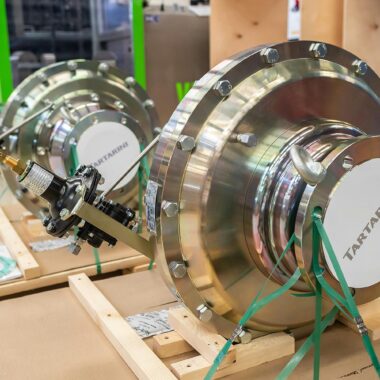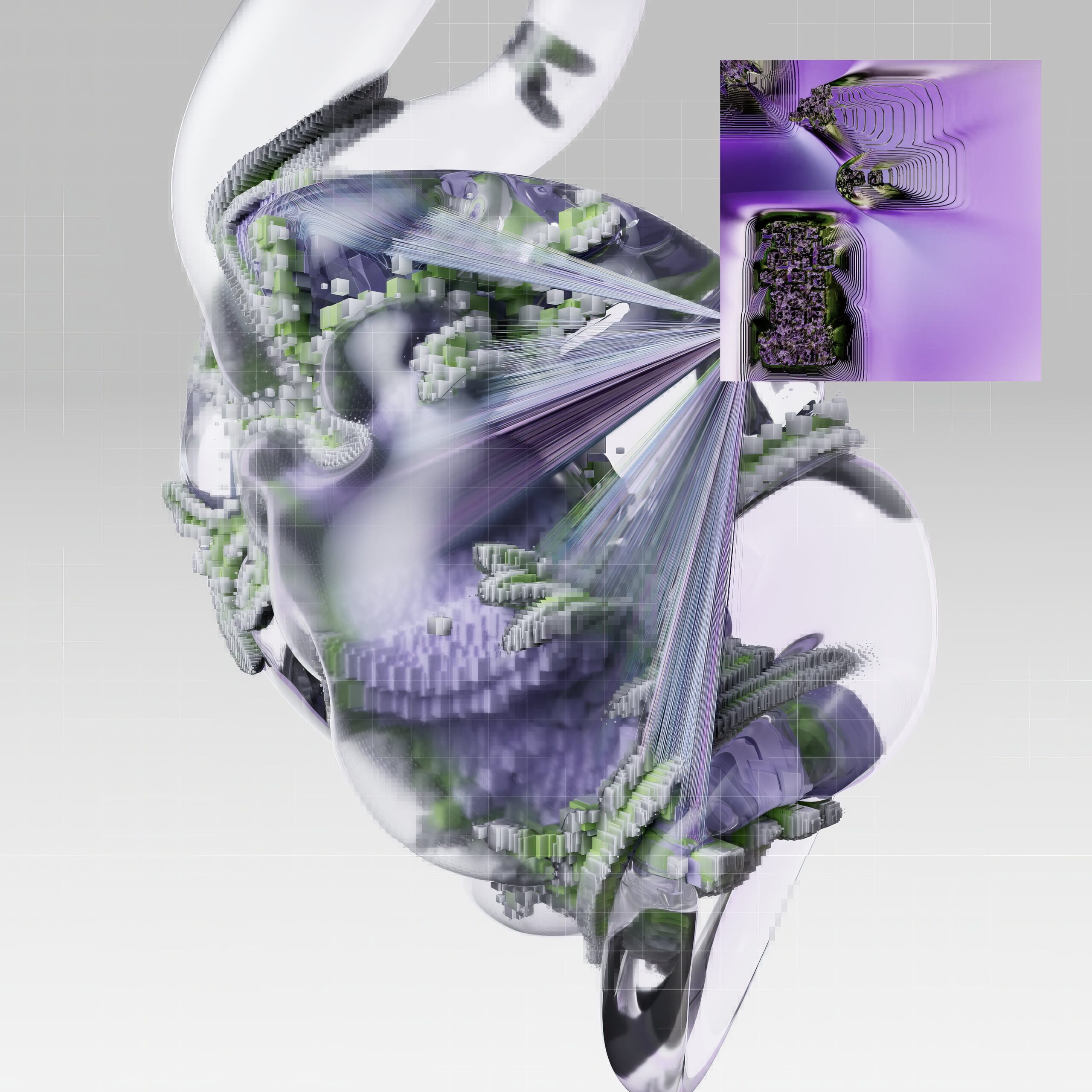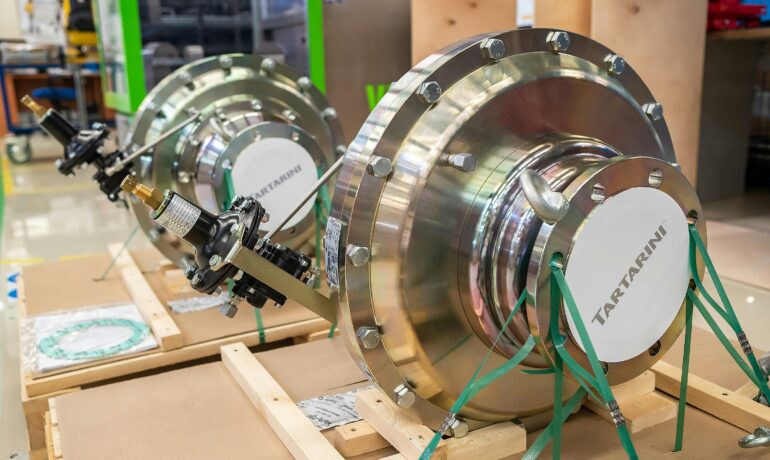May 19, 2023
SITARA, ITforChange and iSPIRT have jointly written to the RBI, highlighting the hazards
associated with entrusting AI-based supervisory technology to foreign consultancies.
Dangers of reliance on
foreign consultancies: Prof Mariana Mazzucato’s insightful book “The Big Con” has exposed the perils inherent in governments outsourcing their functions to consultancies. The book meticulously describes how global consultancies such as the Big 4 have assumed governmental roles, “infantilising” their capabilities, prioritizing their own value maximization over their clients’ interests, and generating significant conflicts of interest. Recent revelations of PwC transferring classified information to clients, aiding in tax evasion, and prompting calls for criminal and corruption investigations – further exemplify these dangers.
“The Big Con is… not responsible for all the ills of modern capitalism,… it thrives on its dysfunctionalities” (Mazzucato 2023). No area is this more grave than in the battle to tackle climate change. Thus “the consulting industry helped to embed forms of production driven by short-term profit maximization that have intensified carbon emissions”, but in an ironic twist, these consultancies are now positioning themselves as the solution providers, paradoxically enabling corporate interests to manipulate the climate agenda (Mazuccato 2023).
The rise of the consultancy phenomenon coincided with the strong shift towards neoliberal economics during the Reagan-Thatcherite era. But things have taken a 180 degree turn in the erstwhile stronghold. Jake Sullivan, the US National Security Advisor, has explicitly rejected the “Washington Consensus,” a doctrine dear to Indian neoliberals. His repudiation implicitly acknowledges its contribution to the erosion of America’s industrial base. Sullivan has instead endorsed a new economic framework centered on national technological resilience achieved through industrial strategy (read Industrial Policy) and targeted government intervention to revive high-tech and useful industries. He also advocates for a new international economic order and reforms to the WTO that accommodate legitimate national security interests, all of which SITARA has consistently advocated for. Furthermore, Sullivan attributes many of the prevailing economic challenges to the doctrines of trickle-down economics, financialization (the problems of which Prof Mazzucato has warned about), and traditional free trade agreements.
Echoing Sullivan, SITARA also emphasizes the national security rationale for promoting indigenisation, particularly in sensitive high-tech communications equipment and defense. He said: “trade policy needs to be about more than tariff reduction and …fully integrated into our economic strategy…So that’s why
we’re working with so many other WTO members to reform the multilateral trading system so that it benefits workers, accommodates legitimate national security interests. …The world needs an international economic system that works for our wage-earners, works for our industries, works for our
climate, works for our national security, and works for the world’s poorest and most vulnerable countries”.
Indian Neoliberals, long accustomed to taking their cues from the Originals in Washington, will have to speedily change their spots to remain in the good books of their intellectual patrons.
Outsourcing critical functions deprives young Indians from developing their own capabilities, but in the above case, outsourcing the Nation’s financial data to foreign consultancies is a National Security issue, which SITARA has flagged, as markets can be manipulated to destabilise economies.
SITARA has taken up many of these issues particularly in the Telecom sector with Hon’ble Prime Minister and the Prime Minister’s Office, and unprecedented reforms have been implemented under the new Minister Shri Ashwini Vaishnaw, which have put India firmly on the path to building its own high-tech precision equipment and even exporting it.










More Stories
Win-Win Solution for the Farmers’ Agitation
iSPIRT and SITARA’s proposal for a Sovereign Compute Stack
Joint Inputs for draft Deep Tech Policy